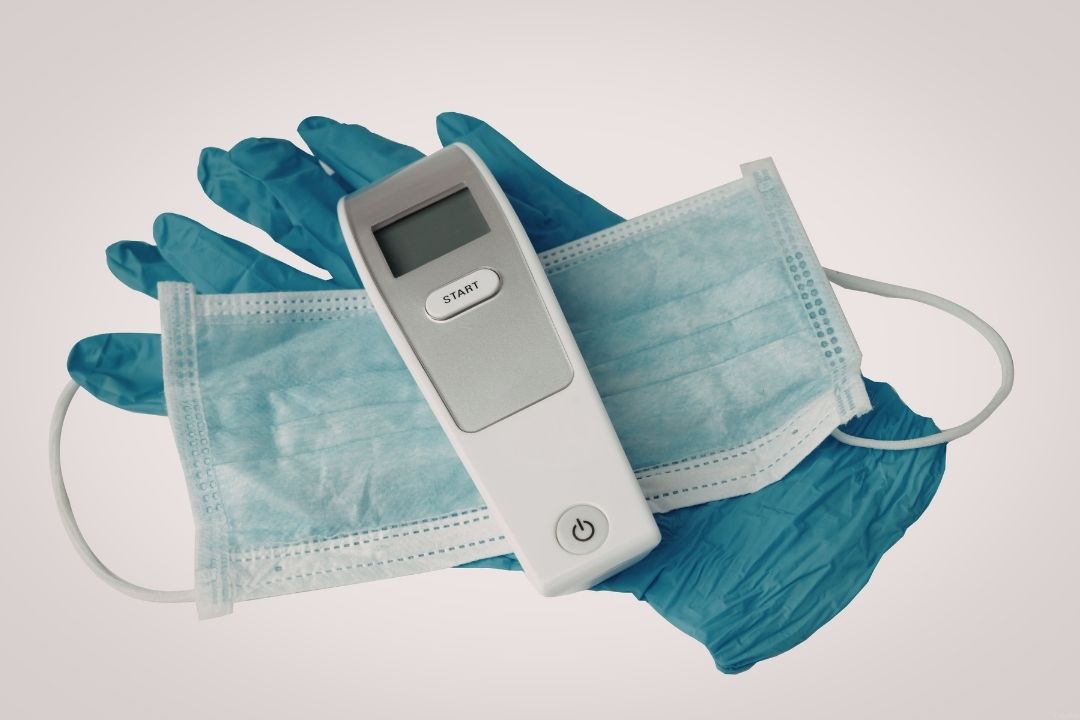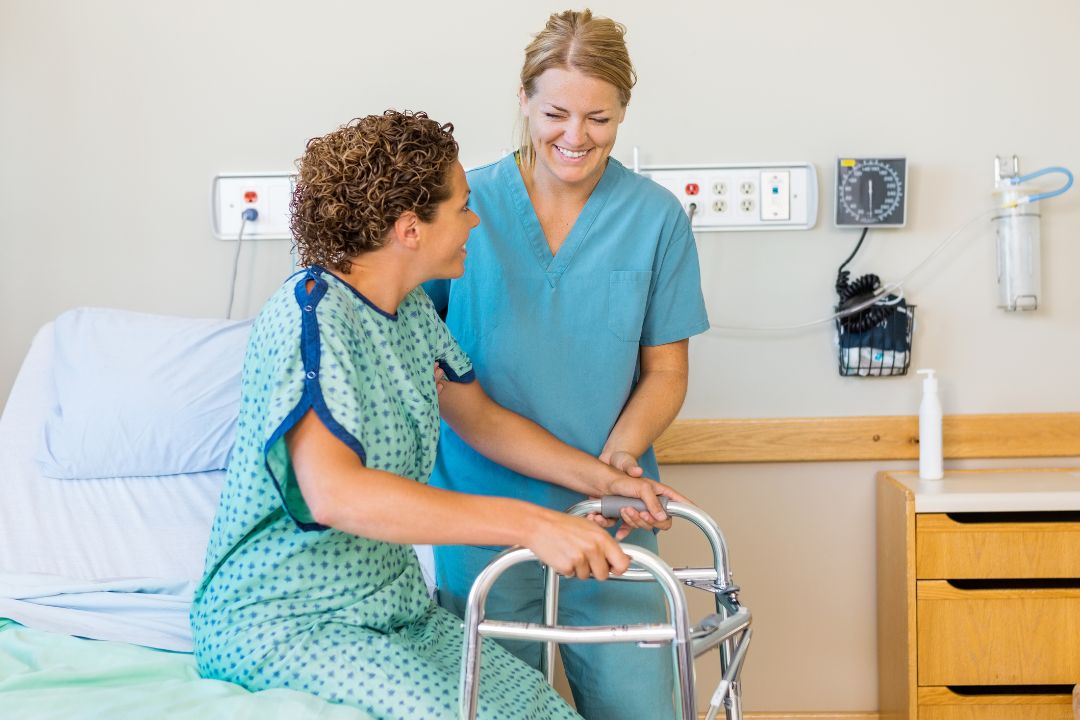
Health literacy is an essential aspect of individual empowerment and community well-being. It involves the ability to obtain, read, understand, and use healthcare information to make informed decisions about one's health. Not only does health literacy affect individuals, but it affects healthcare professionals, healthcare systems, and public health as a whole.
Celebrating Health Literacy Month
Health Literacy Month is observed every October, serving as a dedicated time to highlight the importance of understanding health information and being able to make informed health decisions. The campaign aims to encourage individuals and communities to access and comprehend health information, making informed decisions about their well-being.
Why is health literacy important?
Health literacy is crucial as it directly impacts an individual's ability to navigate the healthcare system effectively. Understanding medical instructions, prescriptions, nutrition labels, and health education materials empowers individuals to take control of their health. Improved health literacy leads to better health outcomes, increased preventive care, reduced healthcare costs, and enhanced communication with healthcare providers.
Practically speaking, improved health literacy leads to fewer unneeded emergency room visits, lower preventable stays in the hospitals, and lower dosing errors. All of this contributes to less strain on healthcare facilities and an appropriate level of care for those in need.
Real-world health literacy examples
Understanding health literacy is easier with examples. The following are examples of ways health literacy impacts our day-to-day lives.
- Reading Medication Labels: Being able to understand and follow medication dosage and instructions as stated on the prescription label.
- Interpreting Nutritional Labels: Reading and understanding nutrition labels on food products to make informed dietary choices.
- Comprehending Medical Forms: Understanding medical forms, consent documents, and insurance policies to make informed decisions regarding healthcare services.
- Following Health Instructions: Grasping and following healthcare providers' advice and recommendations regarding treatment, lifestyle changes, or managing chronic conditions.
How to improve health literacy
Improving health literacy involves concerted efforts at both individual and community levels:
- Education and Awareness: Promote educational programs and campaigns to increase awareness of health literacy's importance.
- Simplified Health Information: Create and disseminate health information using clear, plain language and visuals to make things easy to understand. Follow health literacy best practices.
- Enhanced Communication: Encourage open dialogue between healthcare providers and patients, allowing individuals to ask questions and seek clarification.
- Accessible Resources: Ensure access to reliable and easily understandable health information across our communities, both online and offline.
- Advocacy and Support: Advocate for policies that prioritize health literacy and support initiatives aimed at enhancing healthcare accessibility and comprehension.
Health literacy skills contribute to personal well-being and overall community health. By understanding its significance and taking proactive steps to improve it, we can empower individuals to make informed decisions and lead healthier, fulfilling lives. This Health Literacy Month, we embrace the opportunity to promote understanding and education, paving the way for a healthier tomorrow.





